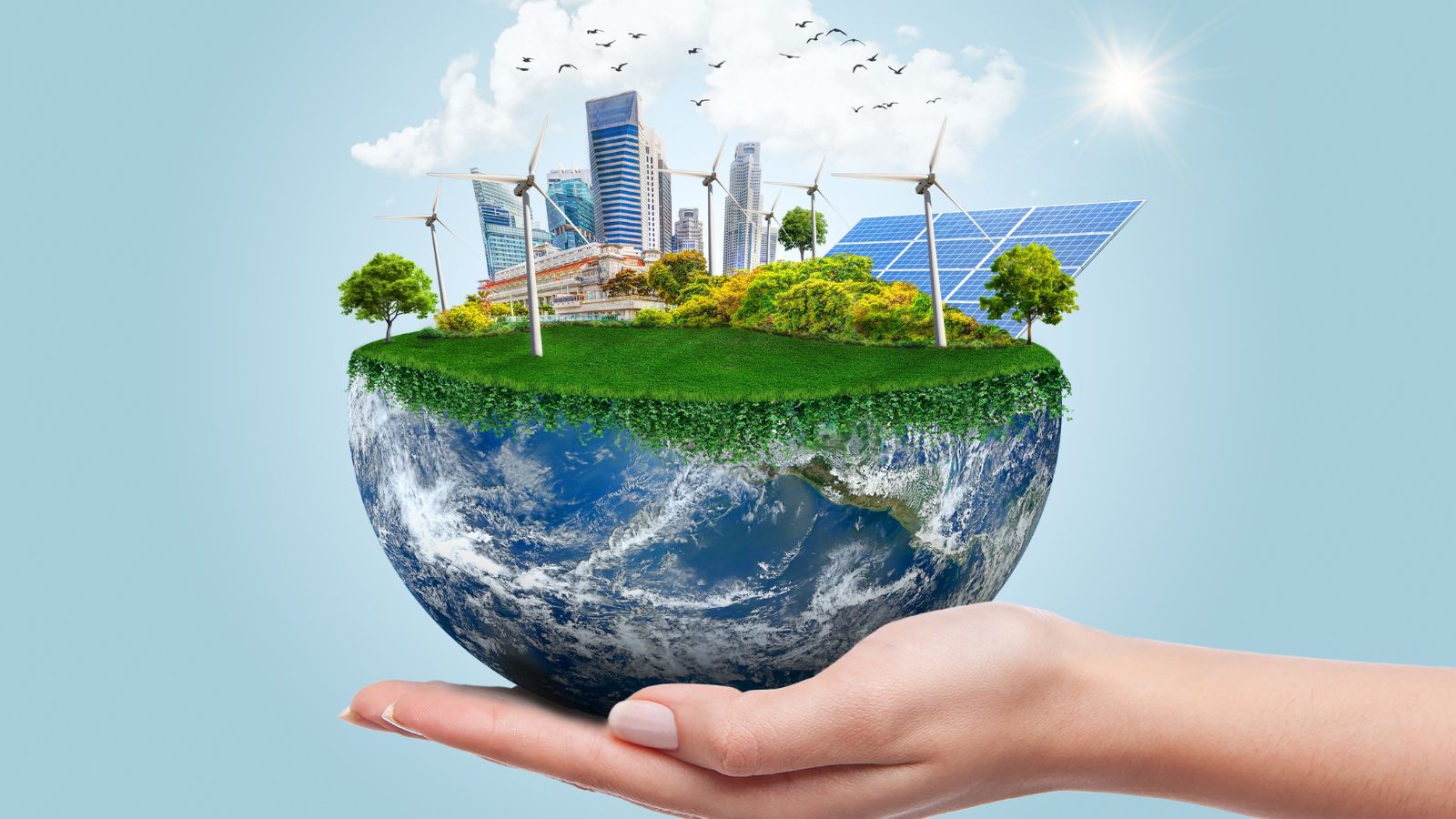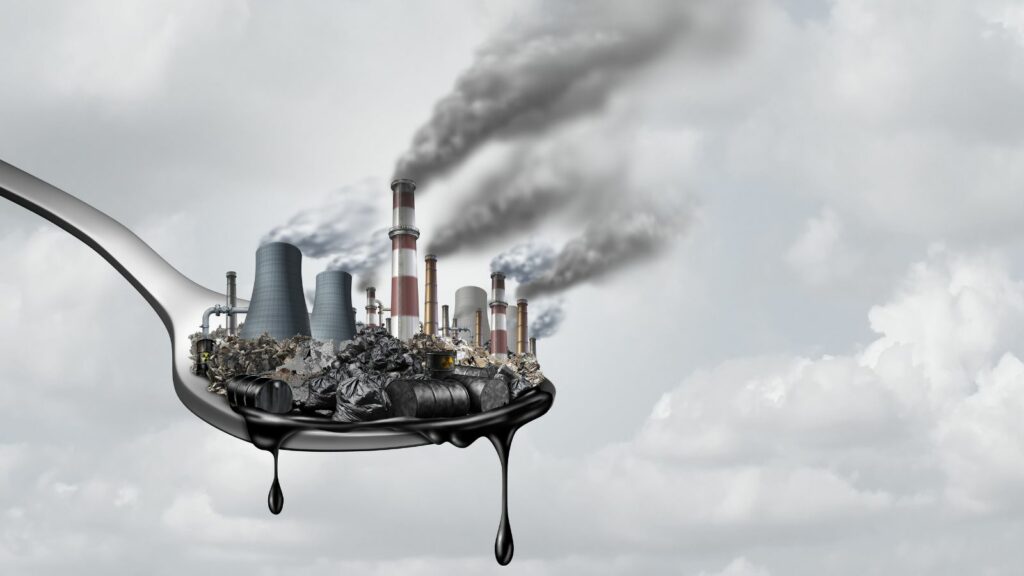When we think about climate change, images of melting ice caps, raging wildfires, and catastrophic floods often come to mind. But beneath these dramatic scenes lies a subtler narrative that quietly weaves itself into the fabric of our daily lives, altering them in unexpected ways. This article delves into the 17 surprising ways climate change is quietly yet significantly affecting our day-to-day existence.
Health Hazards Hidden in Plain Sight

The immediate health impacts of climate change are stark: increased respiratory problems from air pollution, heat-related illnesses, and a surge in vector-borne diseases. These issues are becoming more prevalent as our planet warms, making it clear that climate change is as much a public health crisis as it is an environmental one.
Economic Ripples and Food Prices

Climate change is subtly but seriously impacting our economy by disrupting food supply chains. Extreme weather events lead to price hikes and occasional shortages, making grocery shopping more expensive. This economic ripple affects daily life, reminding us that climate change’s reach extends into our wallets. The reality is that climate change is making necessities less accessible and affordable, highlighting the urgent need for sustainable practices.
The Allergy Agony

Fueled by climate change,longer pollen seasons and higher pollen counts transform mild seasonal allergies into prolonged suffering. As plants thrive in warmer temperatures, they produce more pollen, exacerbating allergic reactions for many people. This subtle yet impactful shift makes life increasingly uncomfortable for those with allergies, illustrating how climate change reaches into our everyday lives in ways we might not always recognize.
Water: The New Gold

Water is becoming increasingly precious as climate change alters precipitation patterns. Some areas face severe droughts, while others contend with flooding. This unpredictability affects water availability, forcing communities to implement stringent conservation measures. As a vital resource, water scarcity and mismanagement due to climate change highlight its newfound status as “the new gold,” crucial for sustaining life and maintaining ecosystems. It underscores the urgency of addressing water issues globally.
Mental Health Under Siege

The psychological effects of climate change are far-reaching. Anxiety and stress about an unpredictable future and the increasing frequency of natural disasters are taking a toll on mental health. People are experiencing eco-anxiety, a chronic fear of environmental doom, which can lead to depression and other mental health issues. This emotional strain underscores the broad and often unseen impacts of climate change, affecting our environment and minds.
Rising Insurance Costs

As extreme weather events become more common, the cost of insuring homes and businesses is skyrocketing. Higher premiums and, in some cases, the unavailability of coverage are financial burdens that many are unprepared for, illustrating another quiet but insidious way climate change affects our lives.
Outdoor Activities: A New Challenge

Warmer temperatures and unpredictable weather patterns can damper outdoor activities. Whether it’s too hot to go for a run or too unpredictable to plan a picnic, the joys of outdoor life are being curtailed, affecting our physical health and overall well-being.
Skyrocketing Energy Bills

Increased temperatures lead to higher demand for air conditioning, which drives energy bills. This financial strain is felt acutely by those in hotter climates, where staying cool is not just a luxury but a necessity for health and comfort.
Wildlife: The Invisible Shifts

Climate changes are pushing wildlife to adapt in ways that are often invisible to us. Species are shifting their ranges, altering behaviors, and, in some cases, disappearing altogether. These changes have cascading effects on ecosystems and, by extension, on human life.
Infrastructure Strain

Extreme weather events are taking a toll on infrastructure, leading to costly repairs and maintenance. The elements are battering roads, bridges, and buildings, and the financial and logistical strain of maintaining them is growing.
Agricultural Adjustments

Farmers are facing unprecedented challenges with shifting growing seasons and unpredictable weather. These changes can lead to crop failures and reduced yields, impacting food supply and prices and adding to the economic strain on communities reliant on agriculture.
Sea Level Rise and Coastal Communities

Rising sea levels make Coastal areas increasingly vulnerable to flooding and erosion. This threatens homes, businesses, and entire communities, forcing difficult decisions about relocation and adaptation.
Transportation Disruptions

Extreme weather can wreak havoc on transportation systems, causing delays, cancellations, and increased costs. These disruptions affect everything from daily commutes to global supply chains, illustrating another way climate change quietly infiltrates our lives.
Housing Market Shifts

The increasing frequency of natural disasters makes some areas less desirable, impacting property values. This shift in the housing market underscores the far-reaching impacts of climate change on our financial stability and sense of security.
Tourism Trends

Destinations that rely on favorable weather and natural beauty are seeing changes in tourist patterns. Climate change is altering the appeal of these locations, affecting local economies and livelihoods dependent on tourism.
Supply Chain Snags

Disruptions in supply chains due to extreme weather are leading to shortages of goods and materials. These supply chain snags underscore the interconnectedness of our global economy and the ripple effects of climate change.
The Insurance Dilemma

In high-risk areas, obtaining insurance coverage is becoming increasingly difficult. This lack of availability exposes individuals and businesses to the financial impacts of natural disasters, further complicating recovery and rebuilding efforts.
Conclusion

While the dramatic effects of climate change often capture our attention, the quiet, pervasive impacts on our daily lives may be the most profound. These subtle shifts remind us that climate change is not a distant threat but a present reality, requiring urgent and sustained action from all corners of society.
18 Reasons Why People Are Leaving Florida in Masses

Exploring factors that impact the desirability of living in Florida, this list delves into various challenges shaping residents’ experiences. From environmental concerns like rising sea levels to economic factors such as fluctuating job markets, these issues collectively contribute to a nuanced understanding of the state’s appeal.
18 Reasons Why People Are Leaving Florida in Masses
